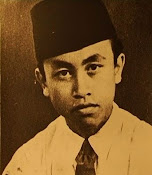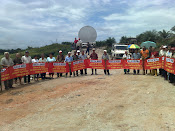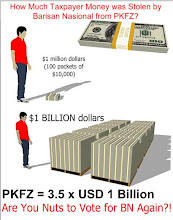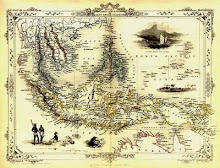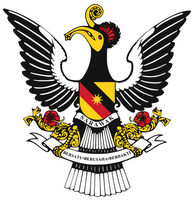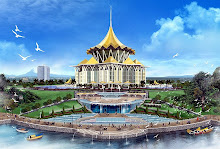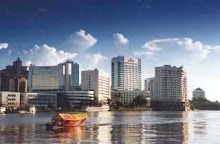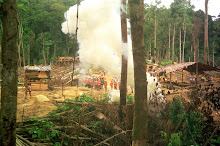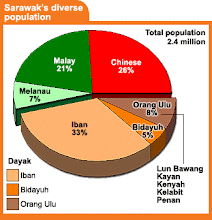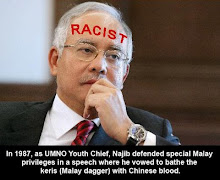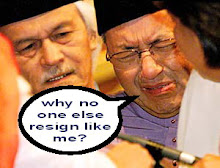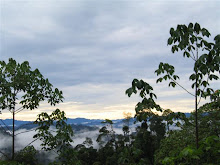February 26, 2011

FBI’s Seattle office to see embarrassing anti-corruption protest
BRUNO MANSER FUND, BASEL / SWITZERLANDAnti-Taib protests are spreading to the United States – US government asked to investigate allegations of the late former Taib aide and whistleblower Ross Boyert
SEATTLE / SAN FRANCISCO (US) The global campaign against Sarawak’s billionaire Chief Minister-cum-illegal logging tycoon, Abdul Taib Mahmud (“Taib”), is gaining further momentum. Yesterday, human rights groups and environmental campaigners in the US announced a picketing campaign outside Taib properties in Seattle and San Francisco. Similar protests will be held next week in the UK and Canada.
The Seattle protest (on Thursday 3 March) will be particularly embarrassing for the US authorities. It is being held outside the Taib-owned Abraham Lincoln building in downtown Seattle, a property held through Wallysons Inc, which hosts no less than the FBI’s Northwestern Regional Headquarters! What a shame that the FBI, an institution set up to uphold the fight for justice and against corruption and money-laundering, is renting its premises from a well-known Malaysian criminal kleptocrat!
Wallysons’ chairman is Taib’s son, Sulaiman (Rahman) Taib, while Taib’s Canadian son-in-law, Sean Murray, is its president. Taib is one of South East Asia’s most corrupt politicians and the chief culprit for the destructive logging of several hundred thousand hectares of Borneo rainforest. Last week, the Swiss Bruno Manser Fund published a blacklist of 49 Taib companies in eight countries which are estimated to be worth hundreds of millions, if not billions, of US dollars.
The San Francisco protest (on Wednesday 9 March) is being held outside the Citibank branch at 260 California Street in the city’s historical centre. The building is the seat of Taib’s Sakti International Corporation, which used to be headed by the late Ross Boyert. After having been dismissed by the Taibs, Boyert filed legal action against Sakti at a San Francisco court in early 2007. In September 2010, Boyert was found dead in a Los Angeles hotel. In an interview with Sarawak Report given weeks before his death, Boyert said he and his family had been harassed and terrorized by Taib agents ever since he had filed the case.
The Bruno Manser Fund, together with an international NGO coalition against Taib timber corruption, is asking the US authorities to freeze all Taib assets in the United States and to investigate the former Taib aide and whistleblower Ross Boyert’s allegations against the Taibs and the circumstances of his death.
- Ends -
Details of planned anti-Taib street campaigns in the United States:
Seattle: Thursday, 3 March 2011, 12:00 p.m. outside the FBI Northwestern Regional Headquarters at 1110 3rd Avenue (corner Spring St)
San Francisco: Wednesday, 9 March 2011, 10:00 a.m. outside Citibank at 260 California Street
Phone contact for the United States:
Brihannala Morgan, The Borneo Project, Berkeley, California Tel. +1 415 341 7051
International campaign coordination: Bruno Manser Fund, Basel, Switzerland +41 61 261 94 74
Sources used for this release: www.sarawakreport.org; research by the Bruno Manser Fund.
Follow our campaign on twitter: http://www.twitter.com/bmfonds









